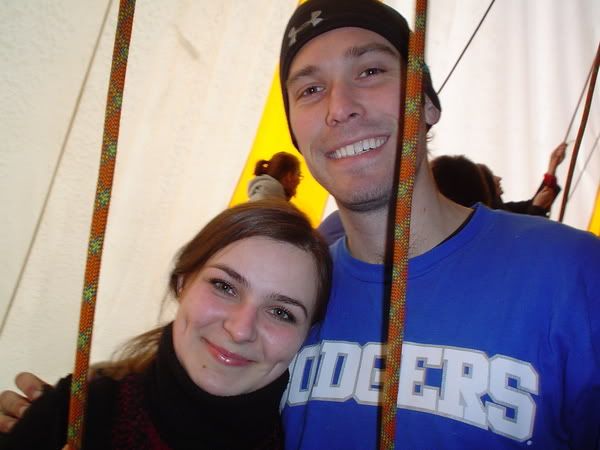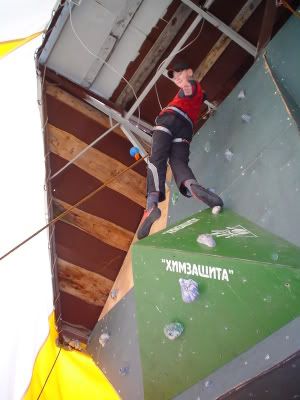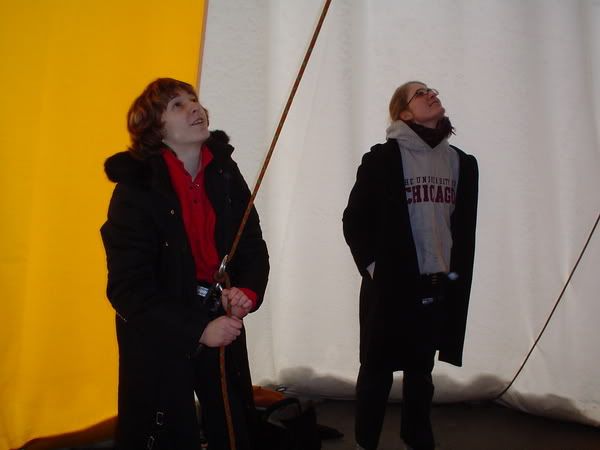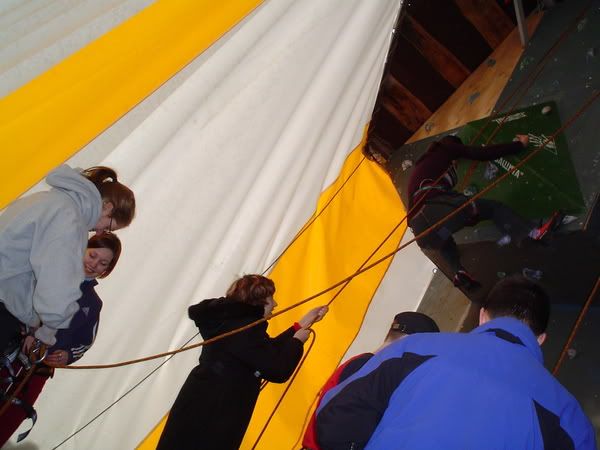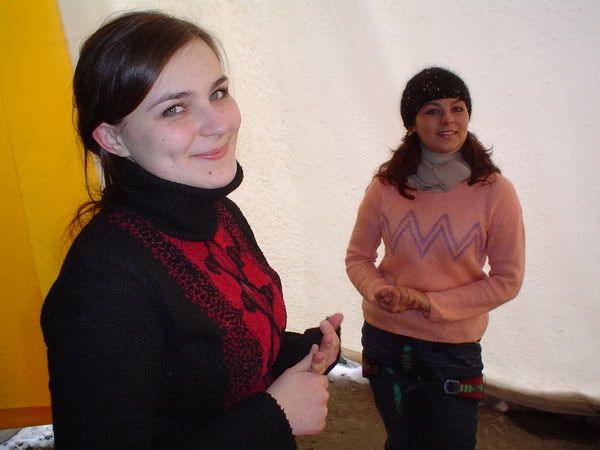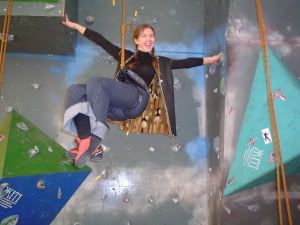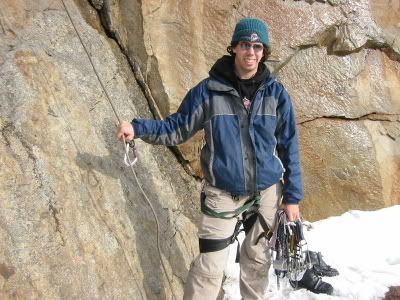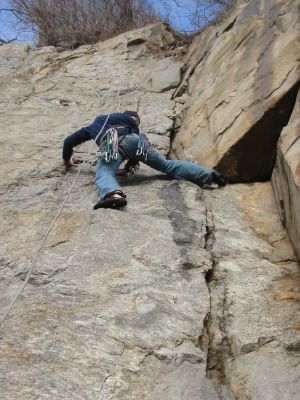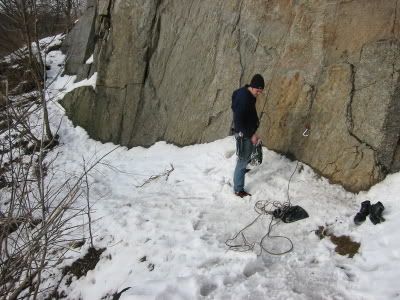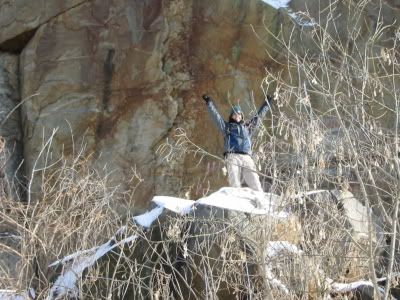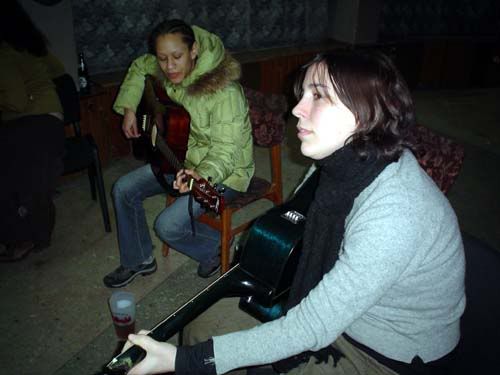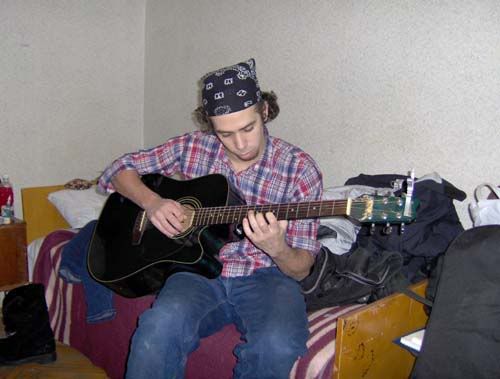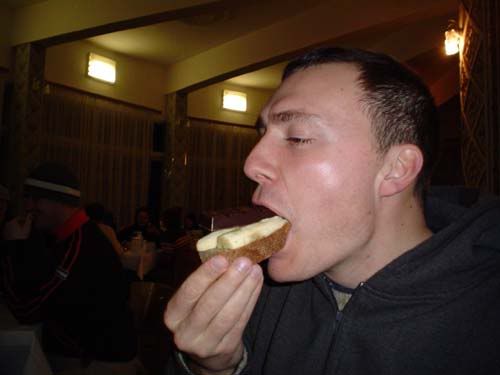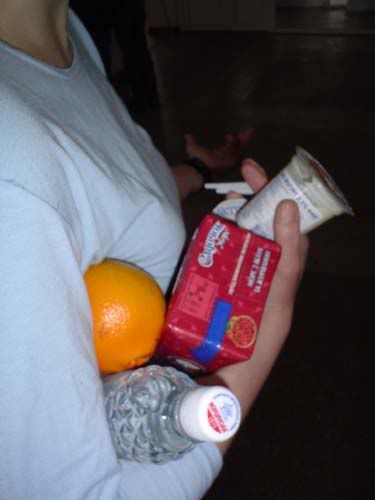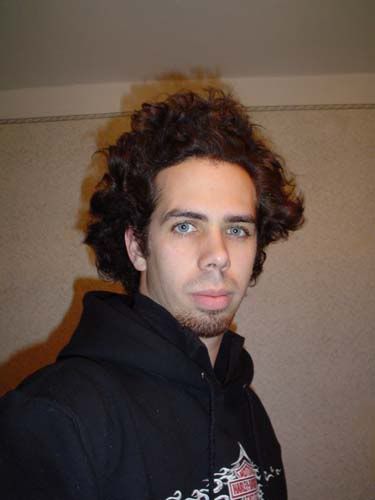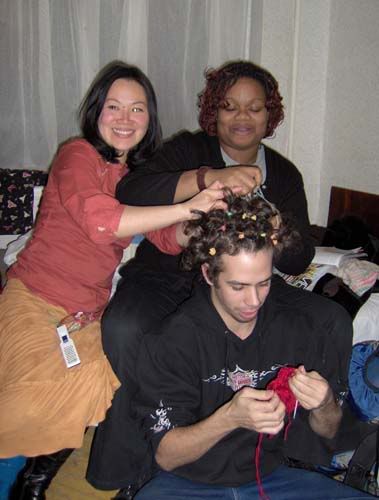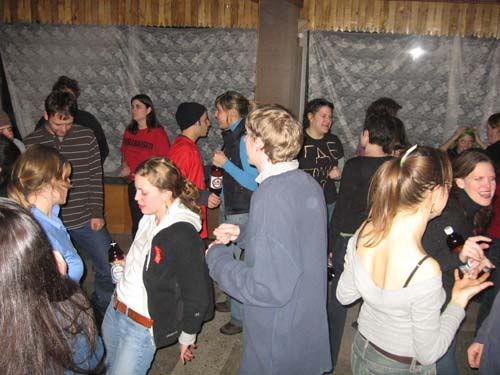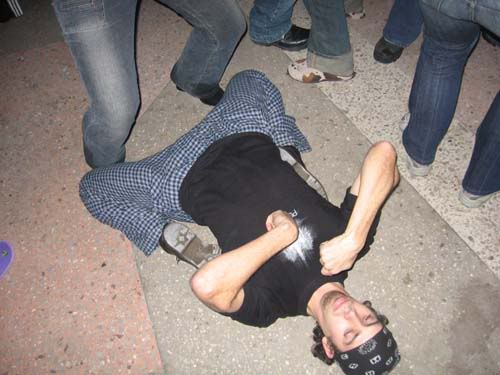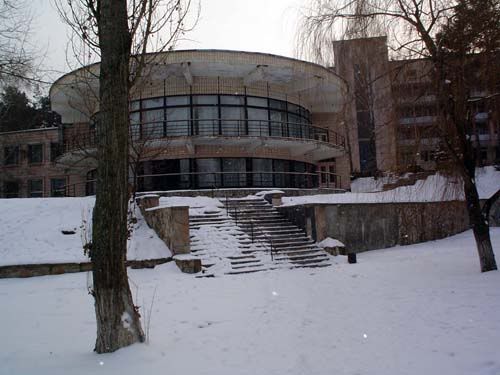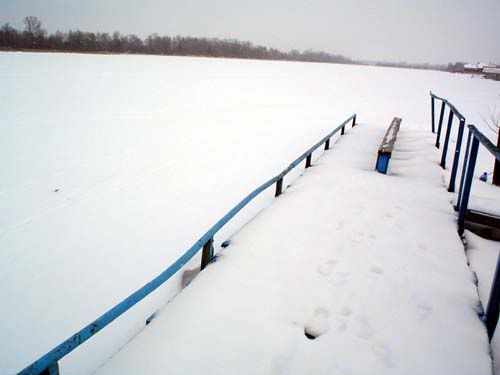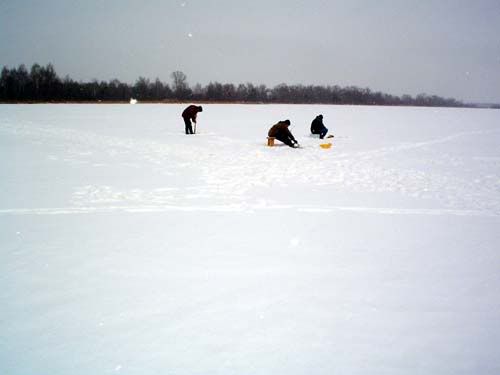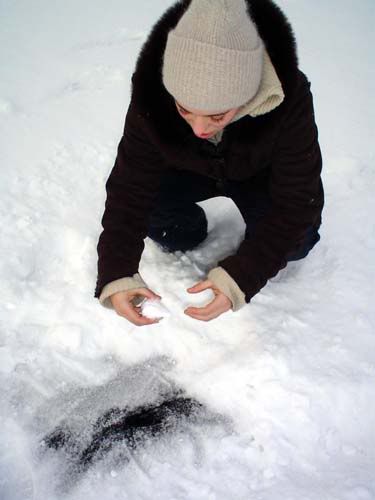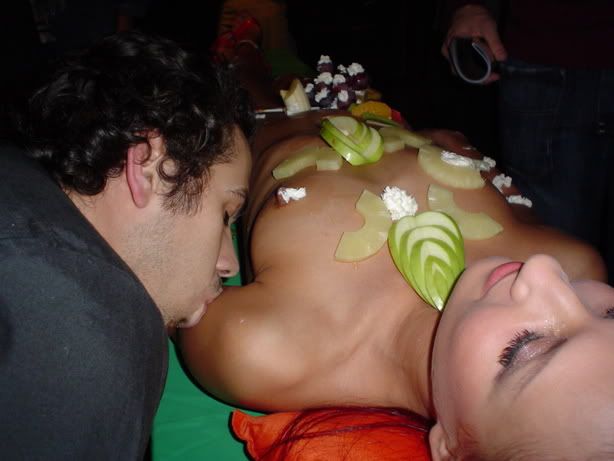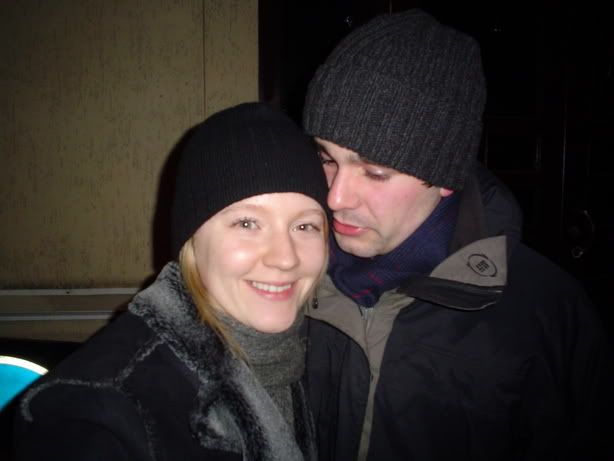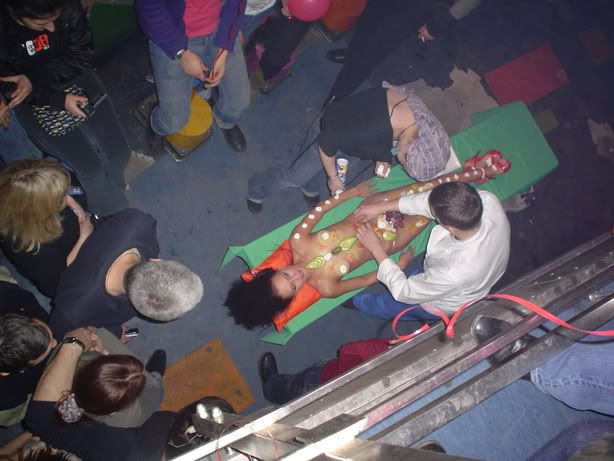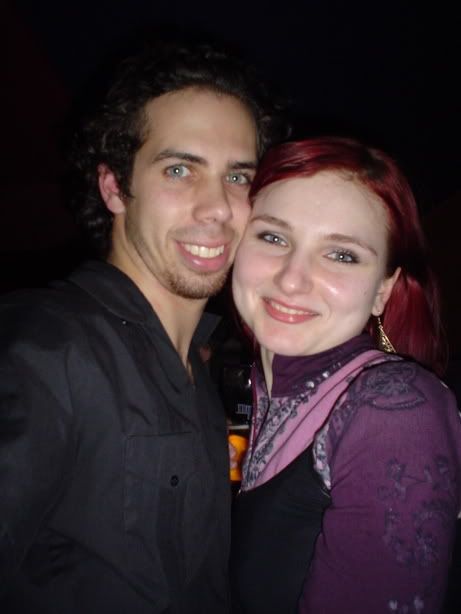Here's the report on the Olympiads:
The students I tutored won first and second place! Of course, the winner is also the daughter of my coordinator, who runs the Olympiads. One would think that this obvious conflict of interest would cause problems, but this is Ukraine. Besides, who am I to judge?
Actually, I am someone to judge, and did so for the 9th and 10th grades. I refused to judge the 11th grade students because those were my students. Many teachers were perplexed at me giving up this obvious advantage in having my students win. One teacher, who only knows me because I briefly dated one of the teachers at her school, asked if I wouldn’t please judge 11th grade to give one of her students (and the brother of the teacher I dated) some “help”.
“What kind of help?” I asked, eyebrow arched.
“You know,” she said, conspiratorially, “help.”
I later found out that the teacher I had dated had been pressed to also ask me to “help” her brother, but she had refused, knowing my answer.
I would think these people would want me as far away from their students as possible. Not only were the tests I wrote deemed “too hard” by the teachers (ьy response: “It’s the Olympiad. It’s supposed to be hard”. My coordinator laughed. The rest scowled), but I was grading the writing tests hard, too.
The first day of the Olympiad consisted of listening, reading and writing tests. Although it was easy to grade the multiple-choice listening and reading tests, the writing tests, like the speaking ones the next day, had a really arbitrary grading system. Different topics like grammar could receive within certain point scales (0-8 in this case), but there was no rubric for how many or which mistakes would mean the difference between a point. As the night wore on and we stayed up late grading all the writing tests, there was many a disagreement amongst teachers over what would constitute lowering a point.
After I realized that there was a lot more red ink on the papers I was grading than those graded by fellow teachers, I began to ease up. This became especially clear when one teacher handed me a checked paper and asked about one small grammar point, and my scanning eyes found four mistakes that she had missed. I didn’t point out the third and the fourth when I saw how embarrassed she was when I had pointed out the first two. After that, I let things slide because I didn’t want to unfairly punish students whose papers happened to be checked by the American. I especially let slide those things I know are incorrectly taught in Ukraine like “I feel myself sad” (the direct translation of the reflexive Russian phrase “Ya chustvyoo cebya) and emotions being used as verbs (“I jealous him”). If their teachers don’t know, how could they?
Possibly I added too much to the unfair grading karma because it came out in full force the following day during the speaking tests.
One by one, the students came in to nervously draw a topic from a pile and then speak about it before a panel of five teachers. Despite their nervousness, most would launch into beautiful speeches, most having nothing to do with the topic. For example, a question about volunteering in school led the student to spout memorized platitudes about school before she segued into life in general and friends followed by seven proverbs in a row: “And I would just like to say that a friend in need is a friend indeed and that two heads are better than one and that one old friend is worth ten new ones and that…” I literally started laughing when she hit proverb number five. She never once talked about volunteering.
They’re taught to do this: to relate any question to a subject they’ve memorized and speak wonderfully about it until you redirect them back to the actual topic. That’s when they begin to flounder trying to find the English to answer it. But as only five points out of thirty are for the topic and the rest are for grammar, vocabulary and pronunciation, there will always be a skewing towards bringing in memorized answers.
Those students that came in and answered the question, even with more mistakes, I thought, deserved better scores because they had better English skills. One other teacher was with me in trying to give memorized answers lower scores, but the other three thought that this was fair play.
I’d be less annoyed if we could all judge as we saw fit, but even though we each had a scorecard, all scores had to be agreed upon by the panel before we could write them down. These scorecards didn’t matter much, though, because any score could be changed at any time. This is what angered me most last year, when the first place winner was knocked down to second by a retroactive score change. “She has worked hard all this year and deserves it,” I was told, when I protested the change. On one level I understand it: how can you really know the English level of a person by a stressful competition? But if how a person performs outside of a competition will influence it, why have it at all?
Compared to one retroactive score change last year, there were three this session. If a student performed better than a previous one but still had a lower score, they wouldn’t raise the second student’s score (because they were getting to close to that perfect 30 points, and it’s expected that 10th graders can’t get a perfect score) and instead would lower a previous student’s score. When I complained about the first one, one other teacher backing me, the teacher who was conducting the whole session got nods from the other two and said to me “it is three to two and this is a democracy.” She then changed the score. One seriously contested retroactive change (when another teacher wasn’t sure the girl was really better and was leaning towards my side, thus upsetting the “democracy”) resulted in the girl’s scores for the other parts of the Olympiad being pulled out. When it was seen that her score in speaking still wouldn’t put her into the placing categories, it was decided the retroactive change wouldn’t be needed.
Despite going light on the writing judging, I did try to set a good example in speaking. When my only 10th grade student came in, I said I had to leave the room. I was cajoled to stay, but I didn’t even want the appearance of impropriety. When I came back in, though, they were still arguing over his score and asked me how he was in my class. If he had worked hard, they thought, than he deserved the higher score. I refused to answer the question until his score was written down.
For all I know, though, they changed it after I left. As they say in Ukraine, the only place you can feel comfortable earning is fourth.
***
In other new, American Councils has asked me to train their teachers for the upcoming PDOs, which I'm proud of.
Also, two grants I sent proposals in for came back positive (which, unlike an HIV test, is a good thing), but now I have to have the rough drafts of both grants written by Monday. This would be easier had I already not made plans to A) Meet with Peace Corps tomorrow in Kyiv about the Across Ukraine run, B) go to MultiCultural Awareness Group meeting, also in Kyiv tomorrow, C) Meet with someone who may be handling corporate fundraising for the run, also in Kyiv and also tomorrow. And, oh wait, I'm supposed to go clubbing Saturday night and climbing Sunday morning. And, oh yeah, I also have seminars on Monday to plan for.
What are the grants for? To build bike trails around Zhytomyr and buy Polissya some mountain bikes to conduct tours with kids.
You know, for someone who said there wasn't a lot about work to write about, it's becoming the dominant theme. It's going to be a busy weekend.
